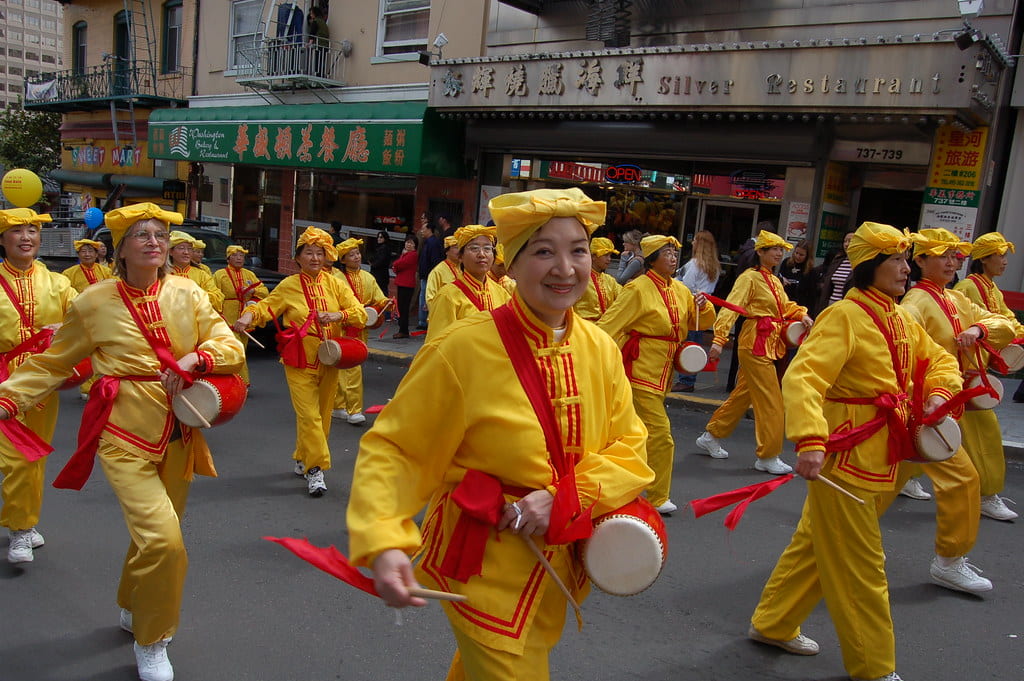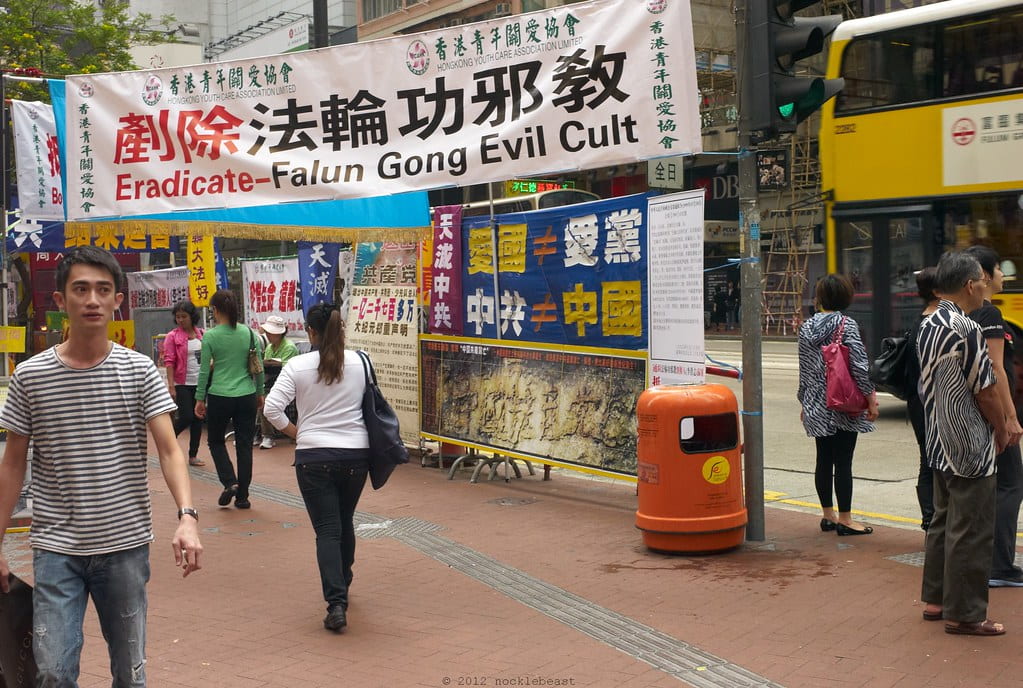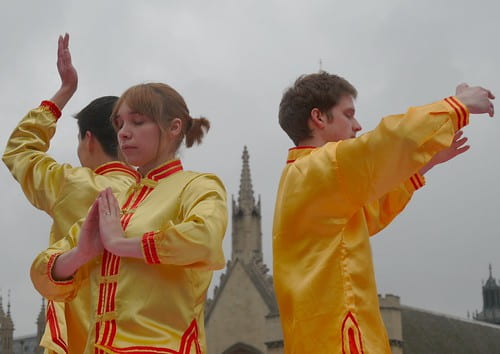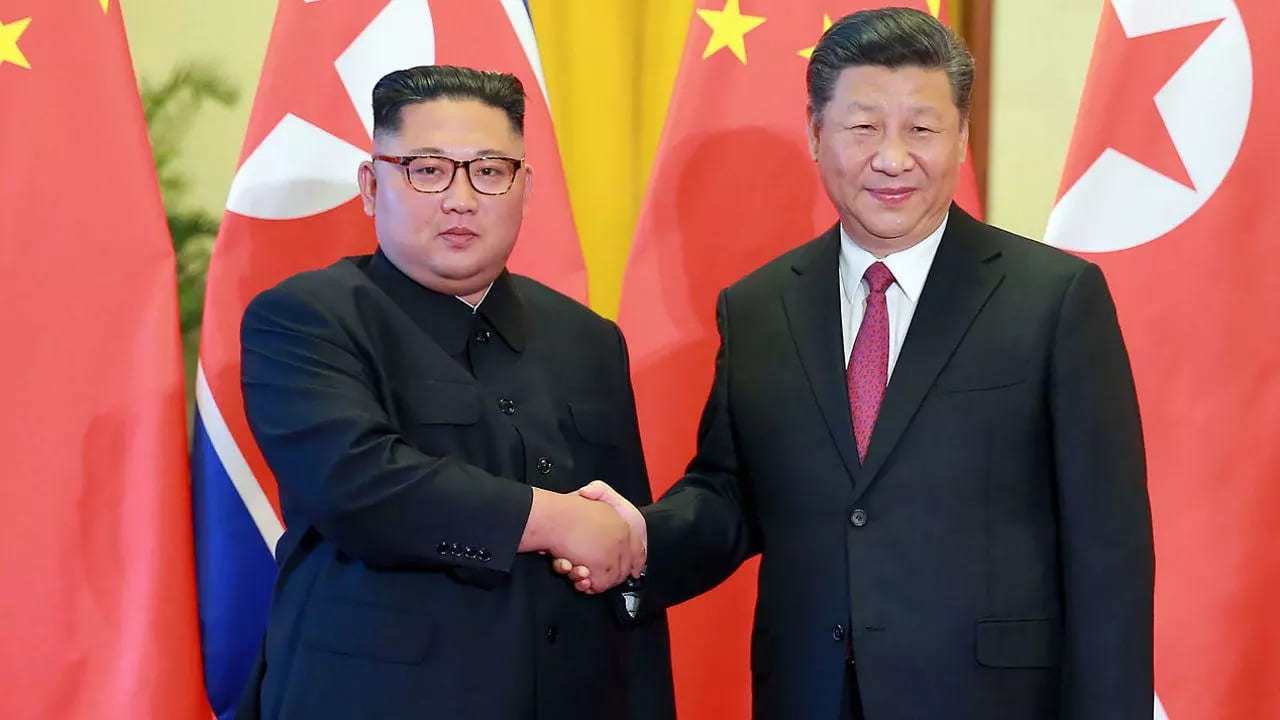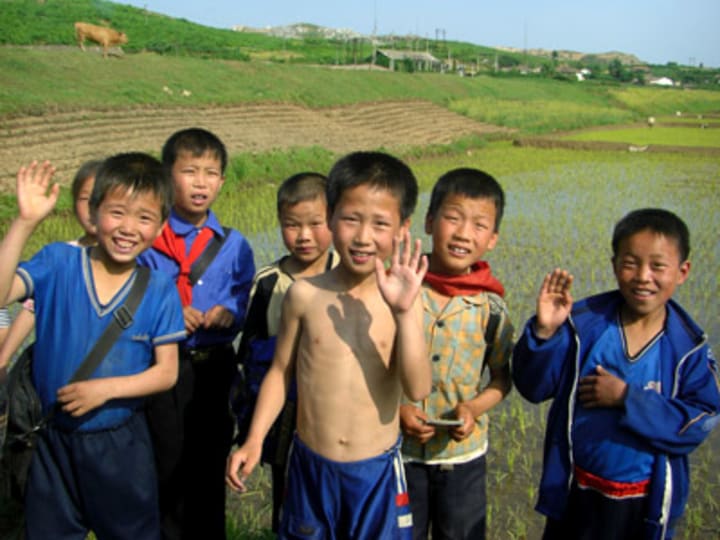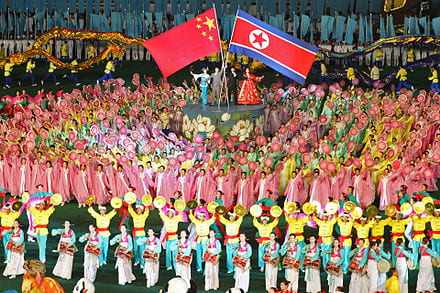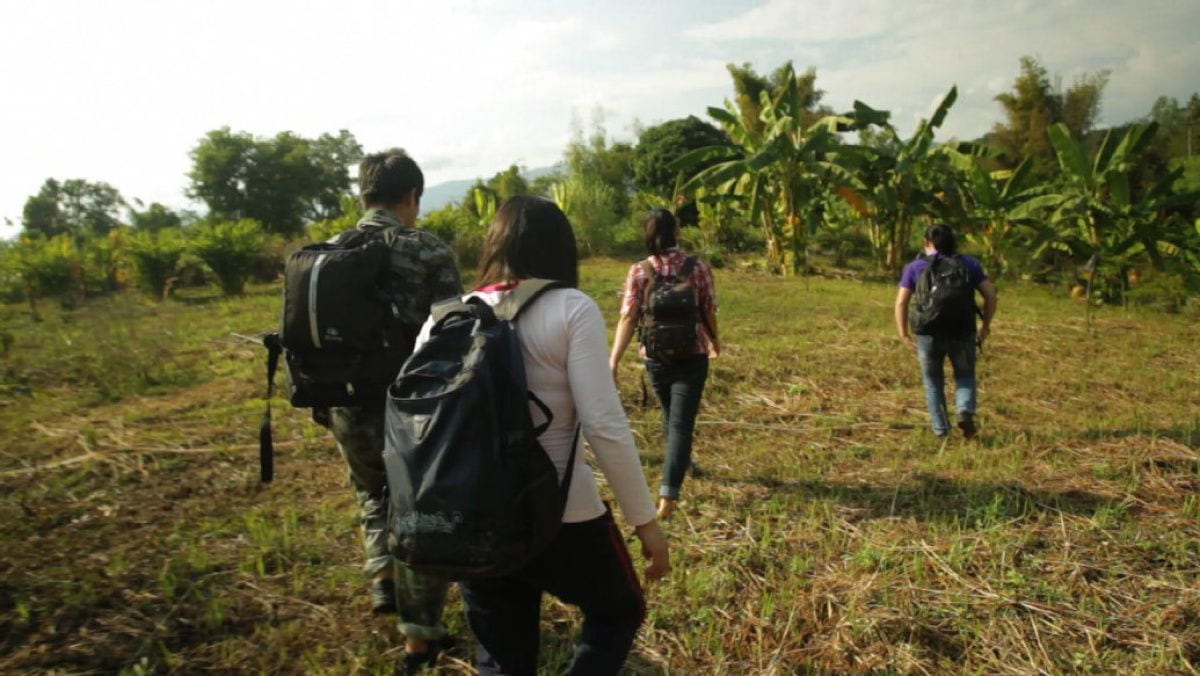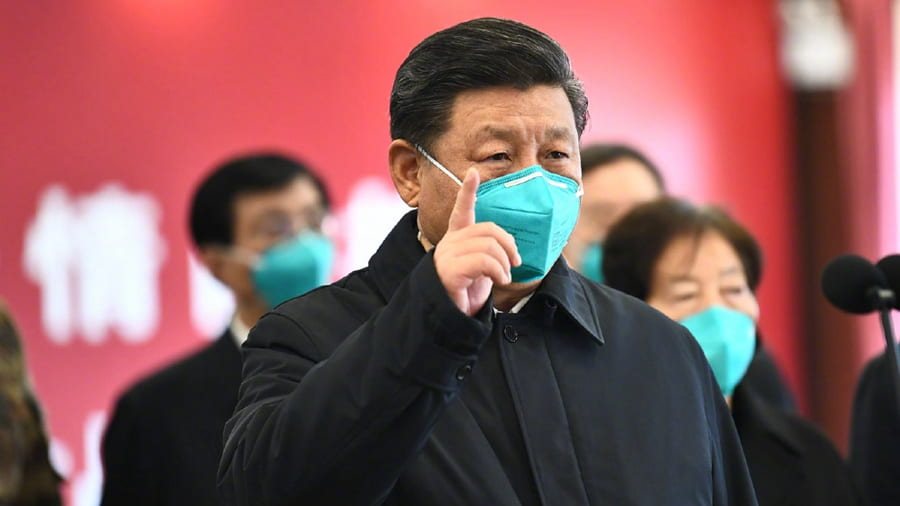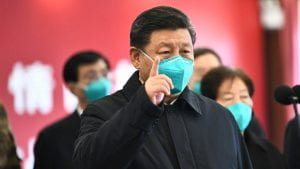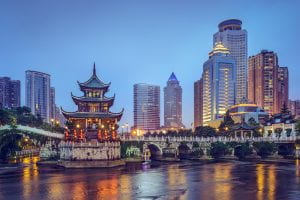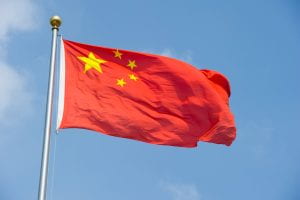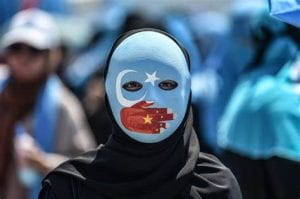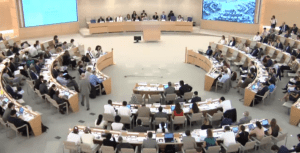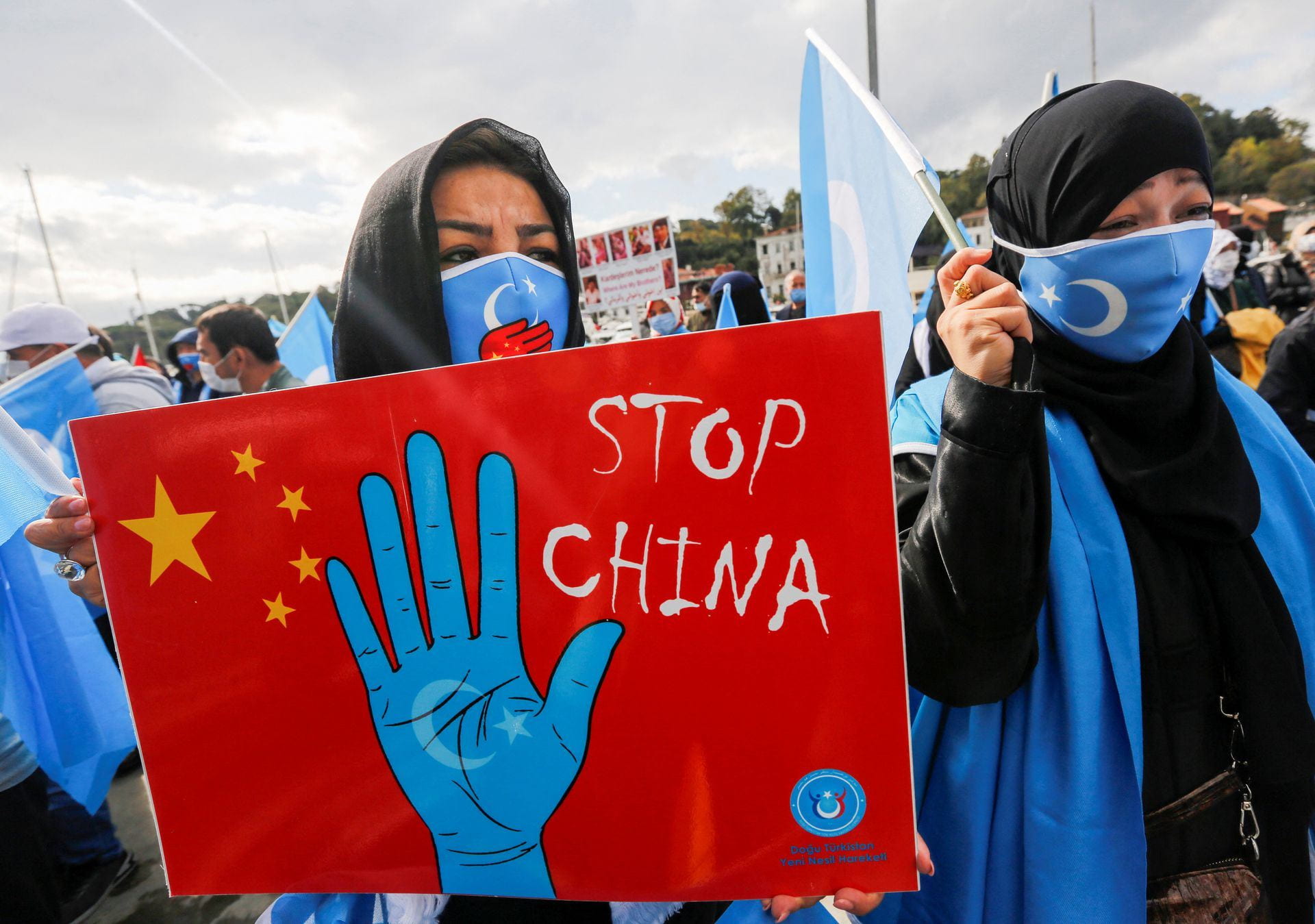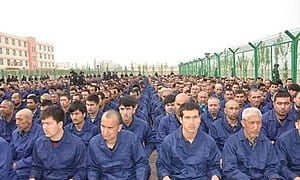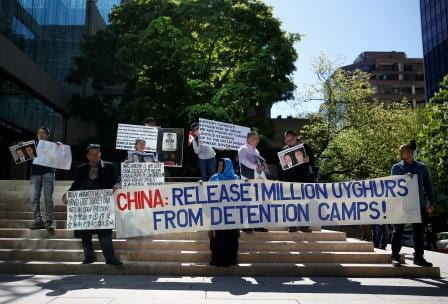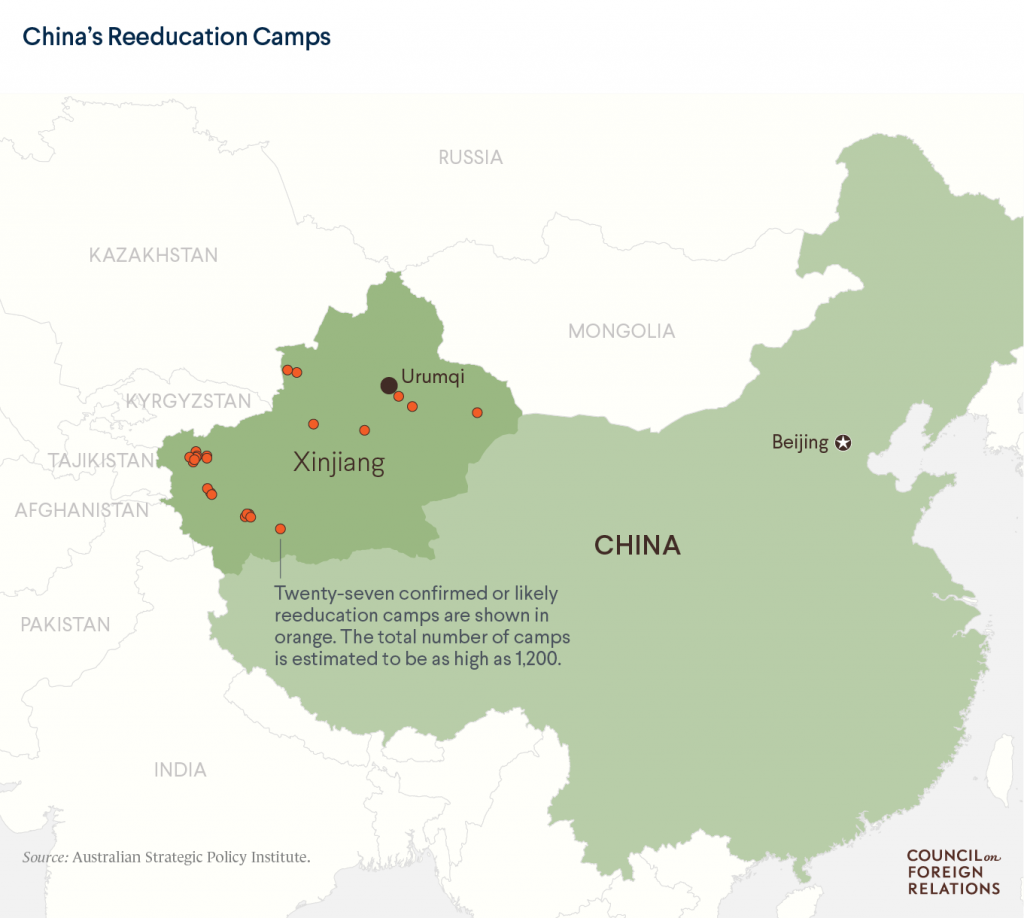This year in Zambia, Chambishi residents saw the Kafue River die before their eyes. Millions of liters of acidic, contaminated water containing toxic mining chemicals burst from a dam in February. Crops and animals died as residents suffered the effects of careless mining practices. This incident raises questions about environmental concerns regarding current mining practices in Zambia, as well as how to address cleanup and compensation for affected communities whose human rights were violated by this event.
Dam Failure and Toxic Water Spill
On February 18, a dam at the Sino-Metals Leach Zambia mining site collapsed, releasing a reported 50 million liters of contaminated water that flooded into the Chambishi Copper Belt region. Toxic spillage, containing heavy metals and high levels of acidity, flowed at least 60 miles down the Kafue River, a major river in Zambia used by many locals for fishing, irrigation, and water.

The immediate effects on the region were apparent in the devastation to local wildlife. The head of a Zambian monitoring group, Nsama Rusonda, reported the aftermath of the acid spill was shocking, saying, “It was a horror to see maize, bean crops that were green the night before, just turn brown. Tonnes of dead fish were floating in local riverways.” The environmental devastation was one of the first things to catch locals’ attention, but as time goes on, more and more effects of the toxic spill are becoming apparent.
Initial Reports and Health Concerns of Residents
The Kafue River is one of the largest rivers in Zambia, and many locals use it as a source of water for drinking, washing, and for their animals and crops. In the days after the spill, people ingested toxins through contaminated water and food, leading to “headaches, coughs, diarrhea, muscle cramps, and even sores on their legs.” Zambia’s reliance on the Kafue also exacerbates the seriousness of the crisis. 21 million people live in Zambia, and more than half rely on the river for water. For example, health concerns led to the water being turned off in the city of Kitwe, leaving 700,000 people without access to water. To drive home the magnitude of this catastrophe, Kitwe is Zambia’s second-largest city, and cutting off water to 700,000 people would be like cutting off the water to all of Washington, DC.
Officials from the Sino-Metal mining company expressed their regret for the incident shortly after it occurred, stating their intent to assist both with environmental cleanup efforts and to re-establish the economic means of affected individuals. To determine the scope of the damage, Sino-Metals needed to conduct an ecological study. South African company Drizit found that 1.5 million tonnes of hazardous waste were released during the dam collapse, 30 times the 50,000 tonnes initially reported by Sino-Metal. The need for outside observers during environmental disasters is crucial. It’s necessary to provide an objective report on the damage that communities and nations, particularly developing ones, have suffered, so they can respond appropriately, warn their residents, and hold parties accountable for human rights violations.
Official Response
In the days after the spill, the Zambian government worked to reverse the environmental damage. Hundreds of tons of lime were dumped into affected waterways in an effort to combat acidity from the spill. Zambian officials faced the challenge of finding an appropriate response that balanced harm to residents with environmental concerns, while also working with foreign powers and important infrastructure investments in their country. When Sino-Metals gave a $580,000 payout, Zambian Vice-President Nalumango remarked that this must be coupled with neutral environmental analysis to ensure proper reparations. Nalumango further said, “If the damage to the land and livelihoods proves to be more extensive or long-lasting than initially understood, then further compensation will be necessary and it will be pursued.” This approach will allow flexibility in Zambia’s approach, enabling it to assess whether additional negative effects arise for residents over time and then pursue more compensation accordingly.

Despite the words promising accountability and help from Sino-Metal, Zambia’s ability to force them into meaningful action remains limited. In direct response to the acid spill, Zambia fined Sino-Metals $50,000. This fine is not enough for restoration efforts and is an insignificant amount compared to the widespread damage to Zambia and the harm done to communities. Differences in political and economic power between countries may create additional difficulties when a smaller country is seeking recourse against a larger one. This may especially true for Zambia, a country heavily dependent on copper production, which has received $3.5 billion in investments from China in the past two decades associated with mining and metal in Zambia. Such dependence on economic support from larger countries may dissuade countries from taking action against foreign players in order to continue receiving funding.
Recent Analysis
While bureaucracy and legal proceedings may take months, residents face daily struggles in the aftermath of the disaster. Conditions from the spill persist in their toxicity to such a degree that Finland issued a travel advisory regarding high levels of toxic heavy metals in the water, and the US embassy issued an evacuation order for all officials from the area, citing health concerns related to the environmental state. In light of such serious concerns raised by other countries, Zambia was thrust into the international spotlight.
With global attention, Zambia seemed to dismiss concerns and assure that harms had been dealt with. A spokesperson from Zambia reported, “pH levels have returned to normal and concentrations of heavy metals are steadily decreasing, which means that the immediate danger to human, animal and plant life has been averted.”

Residents affected by the pollution continue to complain of many physical ailments, including headaches and diarrhea, but the Zambian government’s dismissive attitudes towards concerns seems as though they are prioritizing their appearance and foreign investors over their citizens’ right to health.
While the mining sector is crucial for much of Zambia’s economic activity, it is, from a human rights standpoint, unacceptable for the government to not protect its citizens and to ignore or hide obvious and continued harms. A government’s duty to the wellbeing of its citizens should be foremost in its response during a crisis.
Chinese Influences and Zambia’s Future
This is not the only time mining activities have concerned residents in Zambia. In the past, residents have contracted lead poisoning from pollution incidents and mining operations, while schools have been shut down due to noise and hazardous chemicals.
Balancing China’s interests in minerals with protecting Zambia’s environment and communities is a difficult task for Zambia, especially when they have received billions in funding from China and are over $4 billion in debt to China. These power imbalances can lead to struggles for accountability and justice at both the community and national levels.
This toxic spill is only one event in a disturbing pattern of environmental devastation in Zambia. Access to clean water, secure livelihoods, and environmental justice are crucial to the survival and well-being of many residents. The Zambian response to this latest disaster will set expectations for future interactions and shape the fate of thousands of Zambians, and it is to be hoped that Zambia prioritizes its citizens’ human rights over all other concerns.












